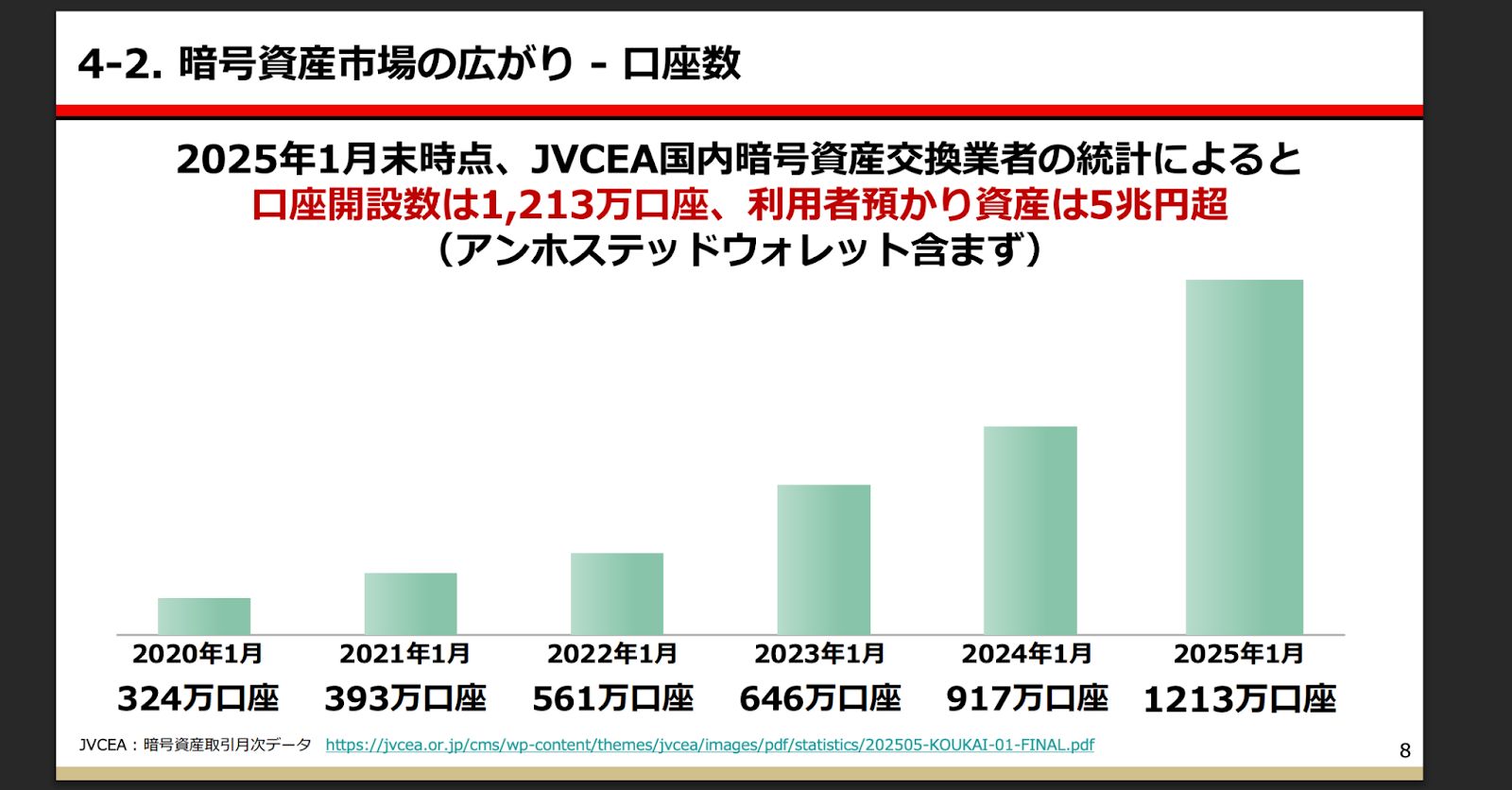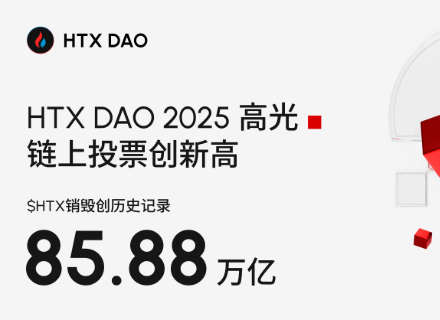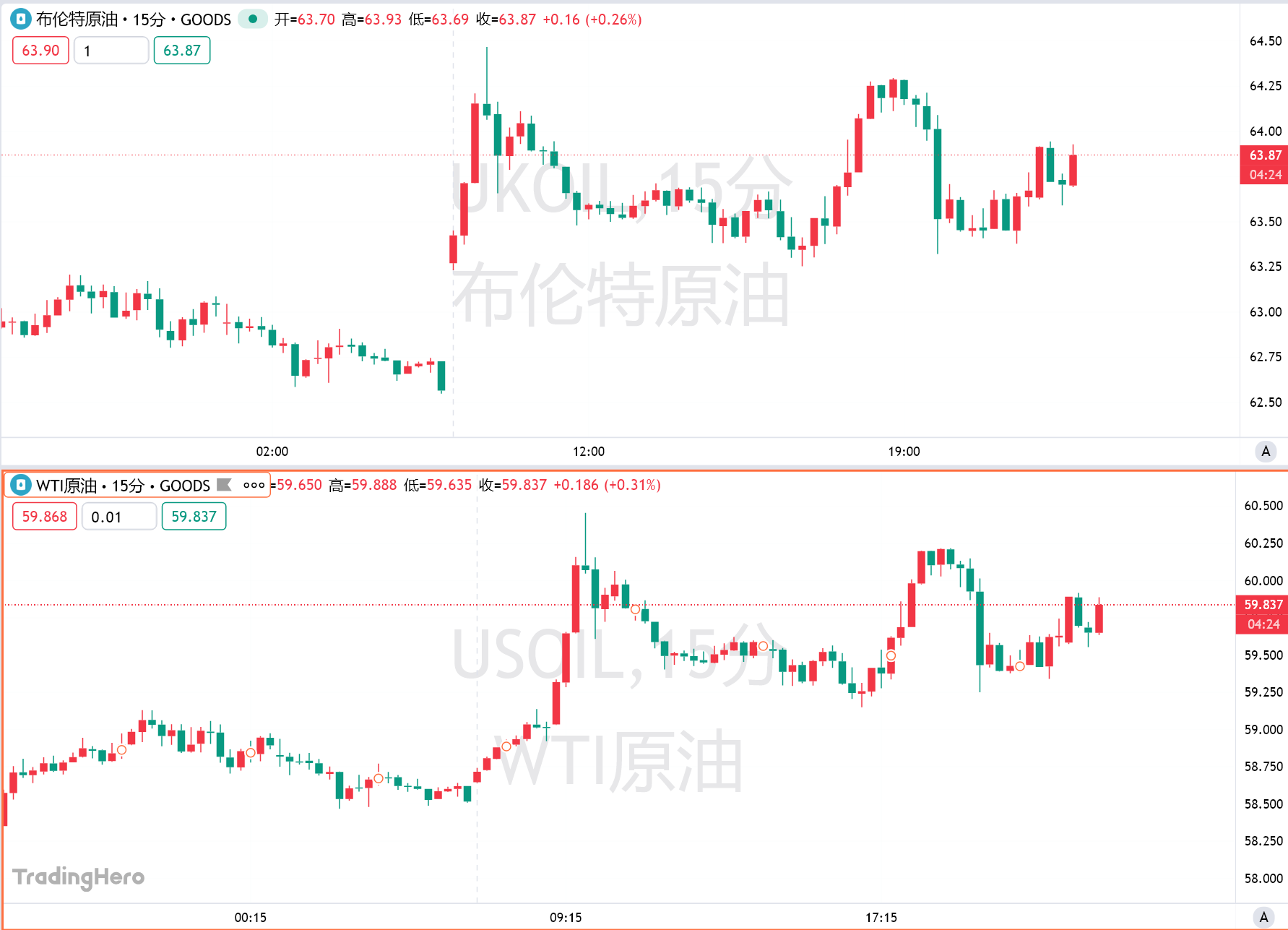Japan Explores Tougher Crypto Regulation For Market Growth
Japan’s crypto regulation is evolving, with proposed changes that aim to better protect investors and address market growth. Key reforms include stricter oversight for fundraising tokens and a focus on transparency.
Japan advances tougher crypto regulation, transitioning oversight from the Payment Services Act to investment-focused Financial Instruments Exchange Act.
The move aims to enhance investor protection as crypto markets expand rapidly.
FSA Initiates Strategic Regulatory Recalibration Amid Market Evolution
The Financial Services Agency (FSA) convened the first meeting of its Crypto Assets Working Group on July 31. Discussions centered around reclassifying crypto assets to treat them more comprehensively as investment products rather than merely payment tools.
Japan Crypto Business Association Vice Chairman Shiraishi documented a remarkable global crypto market expansion from $872 billion to $2.66 trillion. However, Japan’s domestic trading ecosystem demonstrates measured growth trajectories, advancing from $66.6 billion in 2022 to forecasted $133 billion levels.

Despite holding 12.1 million accounts worth $33 billion, Japan’s crypto industry perceives diminishing global market influence.
Tougher Regulation and Investor Protection
Proposed regulatory frameworks establish a bifurcated classification system distinguishing fundraising tokens from established digital assets. Fundraising tokens would mandate comprehensive issuer disclosure requirements, while existing assets like Bitcoin maintain exchange-regulated oversight structures.
Tokyo University’s Yuichiro Matsui endorsed comprehensive regulatory reform initiatives, underscoring the critical necessity for updated crypto oversight frameworks. Georgetown University’s Shinichiro Matsuo advocated for multifaceted regulatory approaches emphasizing sustainability, security, adaptability, and strategic international alignment principles.
The complexity surrounding taxation also arose. Tax expert Yuichi Murakami dismissed industry calls for separate crypto wallet taxation, citing widespread fraud, security vulnerabilities, and inadequate calculation infrastructure.
“Claiming wallets need separate taxation for Web3 growth is nonsense unless clear tax reporting and investor protection measures are in place,” Murakami argued on X.
The working group plans detailed regulatory development, addressing transparency, combating fraud, and potentially introducing insider trading laws. Concrete proposals are expected by year-end, with legislative action possible by early 2026.
Disclaimer: The content of this article solely reflects the author's opinion and does not represent the platform in any capacity. This article is not intended to serve as a reference for making investment decisions.
You may also like
SOL drops to 5-month low despite Solana spot ETF success: Is $100 next?

Major Overhaul in US Crypto Regulation: CFTC May Fully Take Over the Spot Market
The US crypto regulatory framework is undergoing a redistribution of authority, with clear divisions of responsibility between the CFTC and SEC: the SEC focuses on securities, while the CFTC is responsible for the spot market of digital commodities. The advancement of new bills and the arrangement of hearings indicate that the regulatory boundaries have been formally clarified in official documents for the first time. Summary generated by Mars AI. This summary is generated by the Mars AI model, and the accuracy and completeness of its content are still being iteratively updated.

Oil price rebound alert! Russia's largest oil port attacked, 2% of global supply disrupted
A Ukrainian drone attack has caused the suspension of oil exports at Russia's Novorossiysk port, interrupting a daily supply of 2.2 million barrels. As a result, international oil prices surged by over 2%.

When traditional financial markets fail, will the crypto industry become a "pressure relief valve" for liquidity?
The twilight of financialization: when debt cycles can only create nominal growth.

